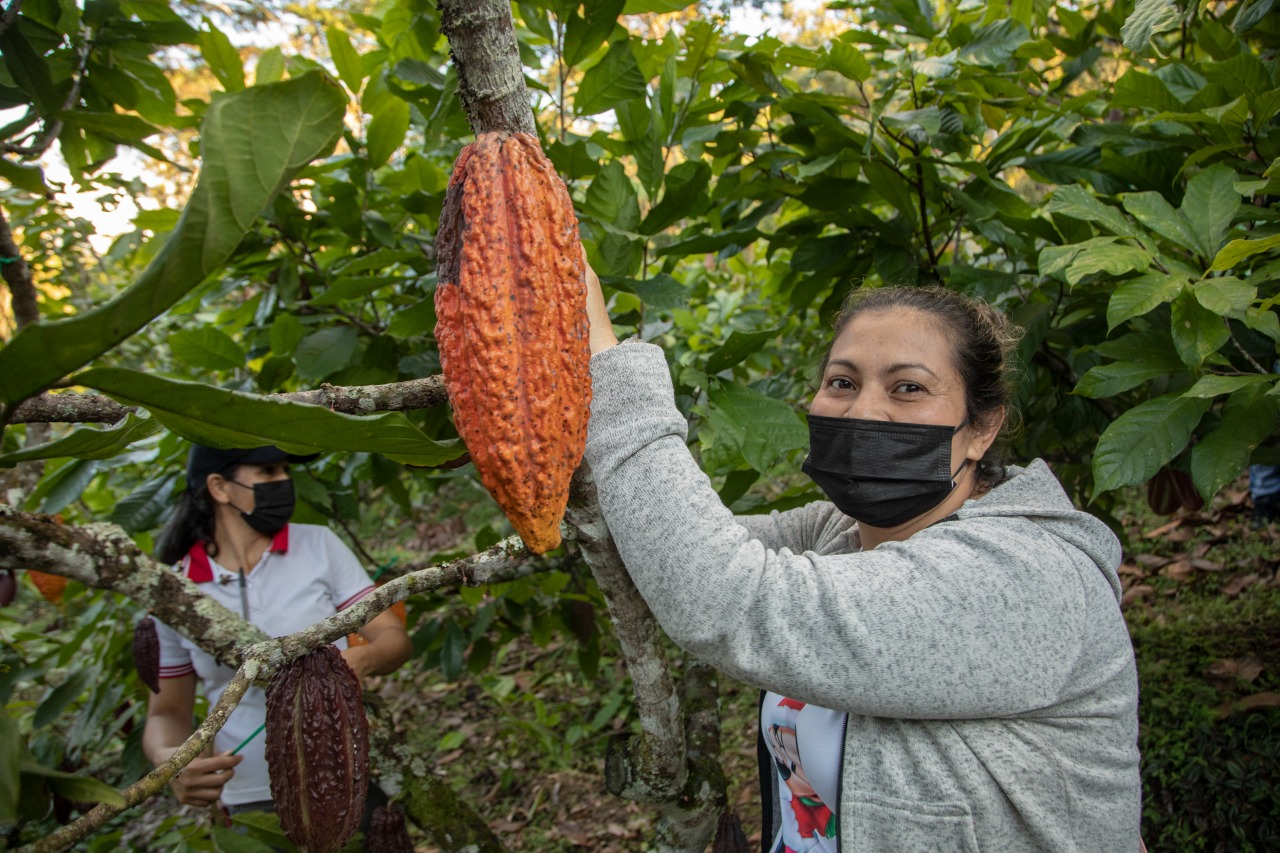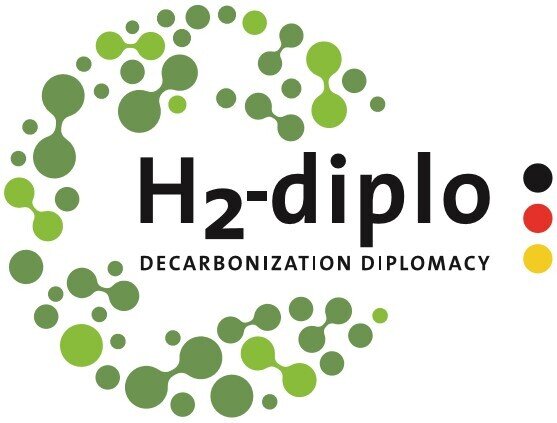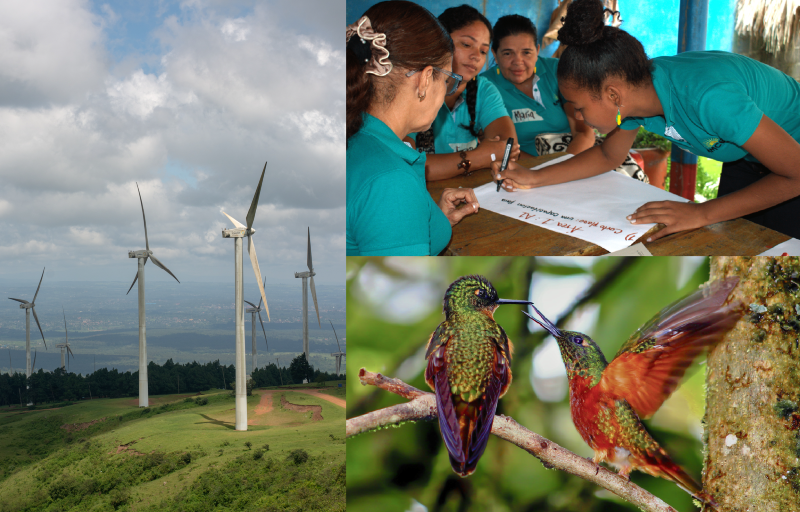Forests are important for biodiversity and they also have a major role to play as
carbon reservoirs. However, ecosystems are often threatened by the expansion of land use. The project therefore promotes sustainable land use systems, with the focus on the agricultural sector (e.g. cattle farming). It is oriented on farmers in areas which have been identified as priority areas for carbon storage and landscape restoration and which are also affected or threatened by armed conflicts. The project contributes to reducing CO2, preserving forests, restoring degraded landscapes and improving the quality of life. In this way, it advances the implementation of the national REDD+ strategy and the Nationally Determined Contributions (NDCs), while at the same time strengthening peacekeeping activities. The systems are tailored to local conditions. The next step will be to develop strategies for scaling, which will promote the most promising approaches.
Countries: Colombia
IKI funding: 5,199,957.75 €
Duration: 11/2018 till 10/2023
Status: open
Implementing organisation: International Center for Tropical Agriculture (CIAT)
Political Partner: Ministry of Environment and Sustainable Development (MADS) – Colombia
Implementing Partner: Leibniz Centre for Agricultural Landscape Research (ZALF) e.V.
Research Center for Sustainable Agricultural Production Systems (CIPAV) – Colombia
- The project focuses on the departments of Caquetá and Cesar as the two regional nodes for piloting Sustainable Land Use Systems (SLUS).
- CIAT is leading the secretariat of the Multistakeholder Platform on the Zero Deforestation Value Chain Agreement for the dairy and beef sectors in Colombia.
- Five dairy companies, as well as a project promoting peacebuilding and sustainability in the Amazon region became signatories to the zero-deforestation dairy value chain agreement (Alpina, Asoleche and others) CIPAV, along with the Caquetá regional government, the Secretary of Agriculture and the Department Cattle Ranchers Committee established the dairy and beef value chain committee, which is the official regional stakeholder body recognized by the Ministry of Agriculture for matters related to this productive activity.
- An agreement with FEDECACAO to sustain the work on piloting organic agroforestry cacao was extended and a new agreement has been reached to market a batch of certified organic cocoa from producer organizations in the northern municipalities of Cesar. The cocoa value chain committees were formalized together with stakeholders of the dialogue platform and local beneficiaries took part in a training on integrated cocoa management.
- CIPAV has signed agreements that include reducing deforestation in regions of the beef and dairy supply chains in Colombia and is contributing to the development of the NAMA for cattle production by assisting in building the baseline and improving the scenarios with a special focus on the SLUS project regions.
- In Cesar, the recently created dairy value chain Committee generated guidelines to include territorial entities as supporting members. The project supported the creation of the diploma course in “Ganaderia Sostenible para los Valles Interandinos” taught at Caldas University.



